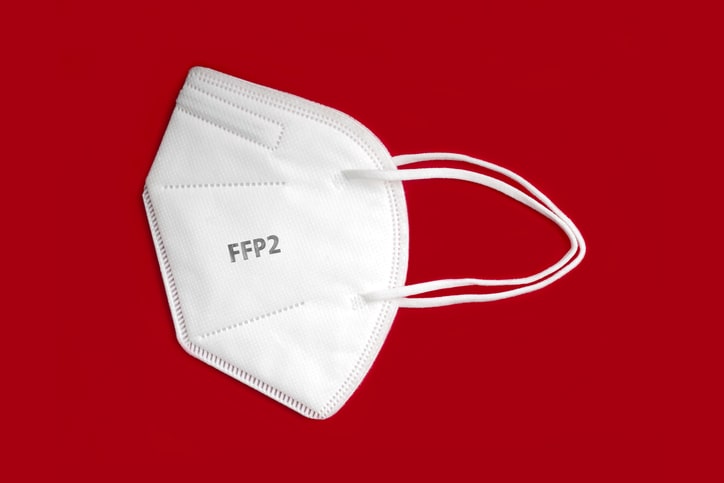
Farshad Teymoori, PhD, and colleagues conducted a population-based cohort study to examine associations between dietary protein score and carbohydrate quality index (CQI) and the risk of chronic kidney disease (CKD) in Iranian adults. The study was conducted within the Tehran Lipid and Glucose Study and included 6044 adults ≥18 years of age; mean follow-up was 7.7 years. Results were reported online in Frontiers in Nutrition [doi.org/10.3389/fnut.2022.1003545].
A food frequency questionnaire was used to determine dietary protein score and CQI. CKD was defined as estimated glomerular filtration rate <60 mL/min/1.73 m2. The risk of CKD across tertiles of protein score and CQI was estimated using a multivariate Cox proportional hazard regression model.
Mean age of the study cohort was 37.9 years and mean body mass index was 26.8 kg/m2. During follow-up, there were 1216 cases of CKD (20.1%). In the final adjusted model, those in the highest tertile of protein score had decreased risk of CKD (hazard ratio [HR], 0.85; 95% CI, 0.74-0.98; P for trend=.033). There was also a significant association between total carbohydrate score (HR, 0.85; 95% CI, 0.73-0.99; P for trend=0.16), the ratio of whole grain/total grains (HR, 0.81; 95% CI, 0.70-0.94; P for trend=.004), and glycemic index (HR, 1.30; 95% CI, 1.12-1.51; P for trend<.001) and risk of CKD. Total protein intakes, plant-to-animal ratio, and solid carbohydrate/total carbohydrate were not significantly associated with the risk of CKD.
In conclusion, the authors said, “Our results revealed a diet with a high protein score and high quality of carbohydrates, characterized by higher intakes of plant proteins, low glycemic index carbohydrates, whole grains, fibers, and lower intakes of animal proteins, can be related to reduced CKD risk.”







 © 2025 Mashup Media, LLC, a Formedics Property. All Rights Reserved.
© 2025 Mashup Media, LLC, a Formedics Property. All Rights Reserved.